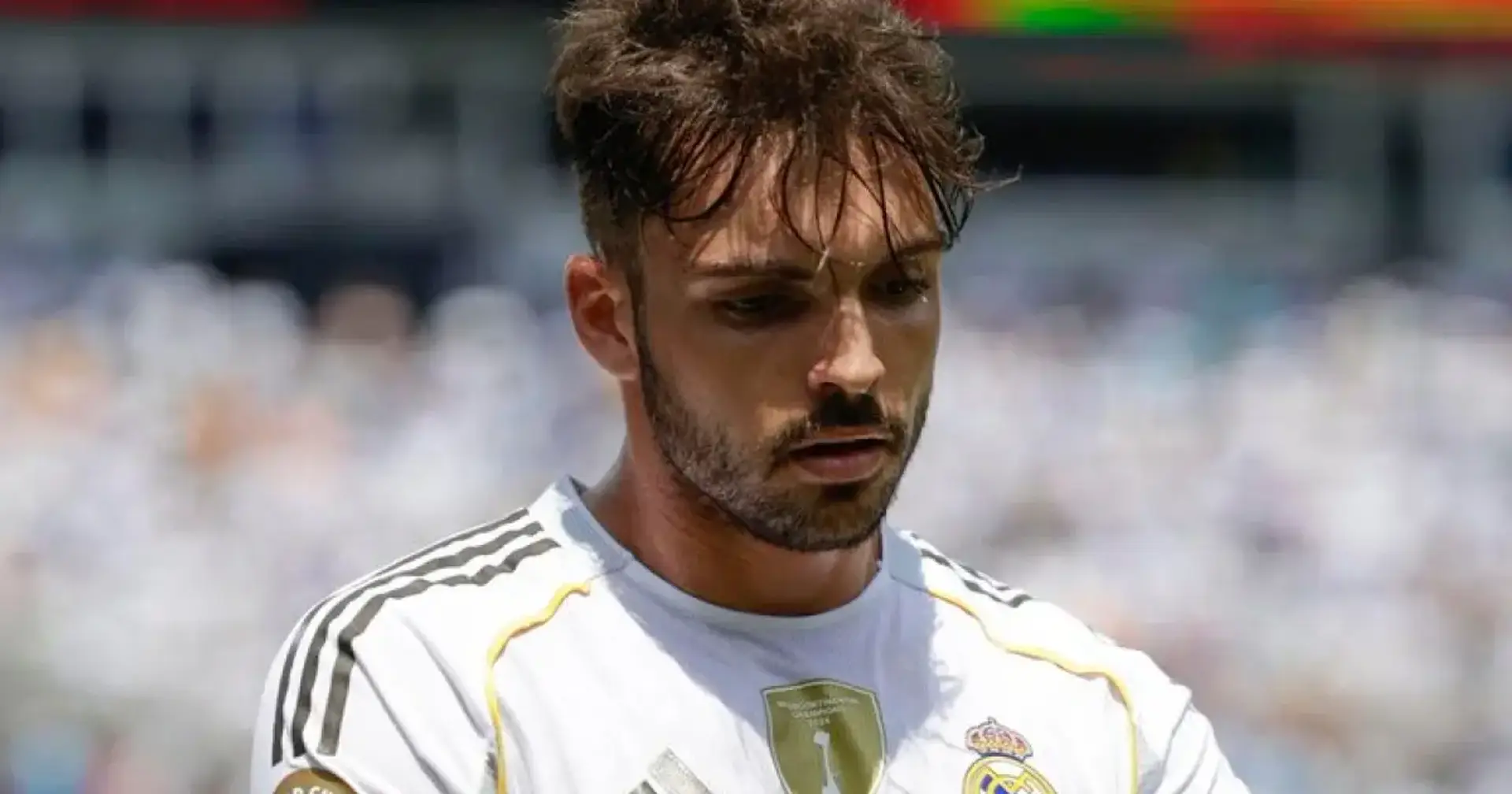Sport
Prosecutor’s office demands 2.5 years in prison for Raul Asencio over sex video scandal — SER

Raúl Asencio, a young footballer once associated with Real Madrid’s youth academy, is at the center of a legal storm that continues to gain traction across Spain. The Public Prosecutor’s Office in the Canary Islands has officially requested a 2.5-year prison sentence for the player in connection to a serious privacy violation involving an explicit video featuring a minor.
The allegations stem from a disturbing incident that occurred in June 2023 at a hotel swimming pool in Gran Canaria. According to reports by Cadena SER and relayed through Sport, a sexual encounter took place involving three Real Madrid academy players — one of whom was underage at the time. Although Asencio did not participate in the sexual act or record the footage, prosecutors argue that his involvement in the video’s circulation warrants criminal liability.
Authorities accuse Asencio of requesting the video recording and subsequently showing it to a third party, even though he was not physically present during the encounter. The prosecutors assert that these actions qualify as two separate breaches of privacy laws, placing Asencio in direct violation of Spain’s legislation concerning non-consensual sharing of explicit content.
The three main individuals involved in the physical act — Ferran Ruiz, Juan Rodríguez, and Andrés García — are facing more severe charges. Prosecutors have recommended sentences of up to 4 years and 7 months for these players under child pornography and related criminal statutes. Their participation, both in the act and in filming it, has significantly escalated their legal jeopardy.
Asencio’s legal team reportedly made attempts to strike an out-of-court settlement, hoping to reduce his charges to a minor offense, potentially avoiding jail time. However, prosecutors rejected the proposal, stressing that the seriousness of the case and Asencio’s role in amplifying the harm done to the underage victim demand a full trial and a harsh penalty.
Interestingly, a judge had previously ruled in favor of Asencio, clearing him of direct wrongdoing. But the Public Prosecutor’s Office has challenged this decision, maintaining that simply watching and sharing the explicit material, even without participating or filming, constitutes a criminal act. Their appeal signals a growing shift in how the Spanish legal system handles cases involving secondary distribution of private sexual content.
This legal battle has placed a heavy spotlight on Real Madrid, who are reportedly standing by the young player. According to multiple sources, the club has hired legal representatives to support Asencio through the ongoing proceedings. However, there is no official comment from the club, likely due to the sensitive nature of the case and the potential reputational damage.
Media outlets in Spain have raised questions about legal inconsistencies, particularly concerning the roles of judges and prosecutors. Many online commentators have noted that if a judge already cleared Asencio, why is the prosecutor still pushing for imprisonment? The answer lies in the Spanish judicial structure, which allows prosecutors to pursue appeals and demand trials even after initial rulings if they believe justice was not served.
For Asencio, the stakes are incredibly high. Aside from the looming prison sentence, his football career has been thrown into uncertainty. Reports now suggest he will fall to the bottom of Xabi Alonso’s defensive pecking order at Real Madrid, assuming he is not completely removed from the team.
This incident also reignites broader conversations around athlete accountability, media ethics, and youth protection in elite sports academies. With footballers under constant scrutiny and clubs investing millions into youth development, any scandal involving minors, privacy breaches, or misconduct threatens to derail promising careers and damage institutional reputations.
As the trial date approaches, all eyes will remain fixed on the outcome. Will the court side with the prosecutors and enforce jail time for Asencio, or will his previous acquittal by a judge hold firm? One thing is certain: this case is more than just a legal issue — it’s a societal reflection of how privacy, consent, and digital behavior are judged in the 21st century.

 Sport11 months ago
Sport11 months ago“I’m not trying to criticize Ancelotti, but I’m not happy with him for benching that player”: Bellingham Expresses Frustration Over Ancelotti’s Tactical Decision

 Sport11 months ago
Sport11 months agoBREAKING: Manchester City vs Liverpool Clash Cancelled! Title Race Takes a Twist

 Sport11 months ago
Sport11 months agoArsenal Poised for January Swoop on €70 Million Star Dusan Vlahovic

 Sport11 months ago
Sport11 months agoWHAT ON GOD’S GREEN EARTH DID WE JUST SEE?!

 Sport11 months ago
Sport11 months agoReal Madrid: Carlo Ancelotti’s Surprising Revelations About an Unexpected Quality of Vinicius

 Sport11 months ago
Sport11 months agoBREAKING: Arsenal’s Champions League Quarterfinal Opponent Revealed After Monaco’s Dramatic Win – Tough Challenges Await Arteta’s Men

 Sport11 months ago
Sport11 months agoChelsea Players Facing Suspension as Yellow Cards Mount

 Sport11 months ago
Sport11 months agoKey Arsenal Player Set for Return as Gunners Face Struggling Everton
















